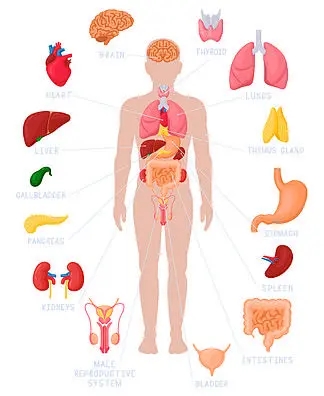
Glycylglycine (sometimes referred to as diglycine) possesses significant antioxidant properties, making it widely applicable across various fields. As an antioxidant, glycylglycine primarily functions by scavenging free radicals. Free radicals are highly reactive molecules or atomic groups produced during metabolic processes; if not promptly removed, they can damage biological membranes, accelerate aging, and even lead to organ diseases or tumors. Glycylglycine can neutralize these free radicals, thereby protecting cells from oxidative damage.
In the human defense system, glycylglycine plays an important role not only in eliminating free radicals but also in protecting the conversion of proteins and various enzyme molecules, enhancing immune function and vitality, which is crucial for maintaining overall health.
Due to its excellent antioxidant properties, glycylglycine has broad applications in the pharmaceutical field. For example, it is often used as a key ingredient in liver protection products to safeguard the liver from oxidative damage and promote self-repair and detoxification. It can also be utilized in treating liver diseases such as viral hepatitis, alcoholic liver disease, and drug-induced liver injury.
The antioxidant properties of glycylglycine also lead to its widespread use in cosmetics and personal care products. It effectively inhibits melanin synthesis, slows down skin aging, and possesses moisturizing properties, forming a protective film on the skin surface to reduce moisture loss. Consequently, glycylglycine is commonly added to skincare creams, lotions, shampoos, and conditioners to enhance the texture and health of skin and hair.
Beyond pharmaceuticals and cosmetics, glycylglycine's antioxidant properties suggest potential applications in other fields. For instance, in the thermoelectric industry, improving the antioxidant properties of reverse osmosis membranes is key to ensuring stable operation. Research indicates that loading antioxidant glycylglycine functional molecules onto the surface of reverse osmosis membranes can significantly enhance their antioxidant capacity and separation performance.
Glycylglycine's notable antioxidant properties present extensive application prospects across pharmaceuticals, cosmetics, water treatment, and other domains.